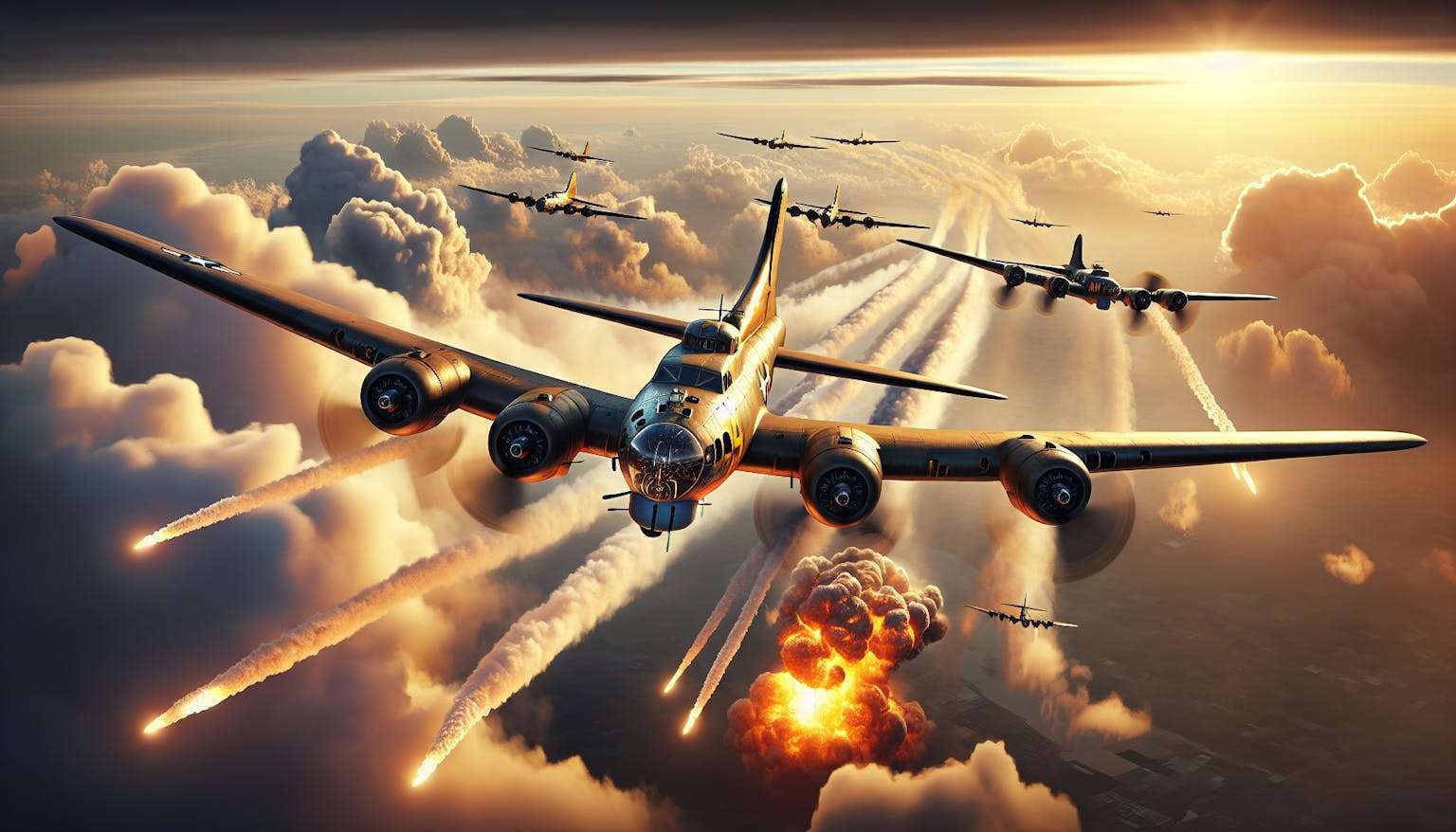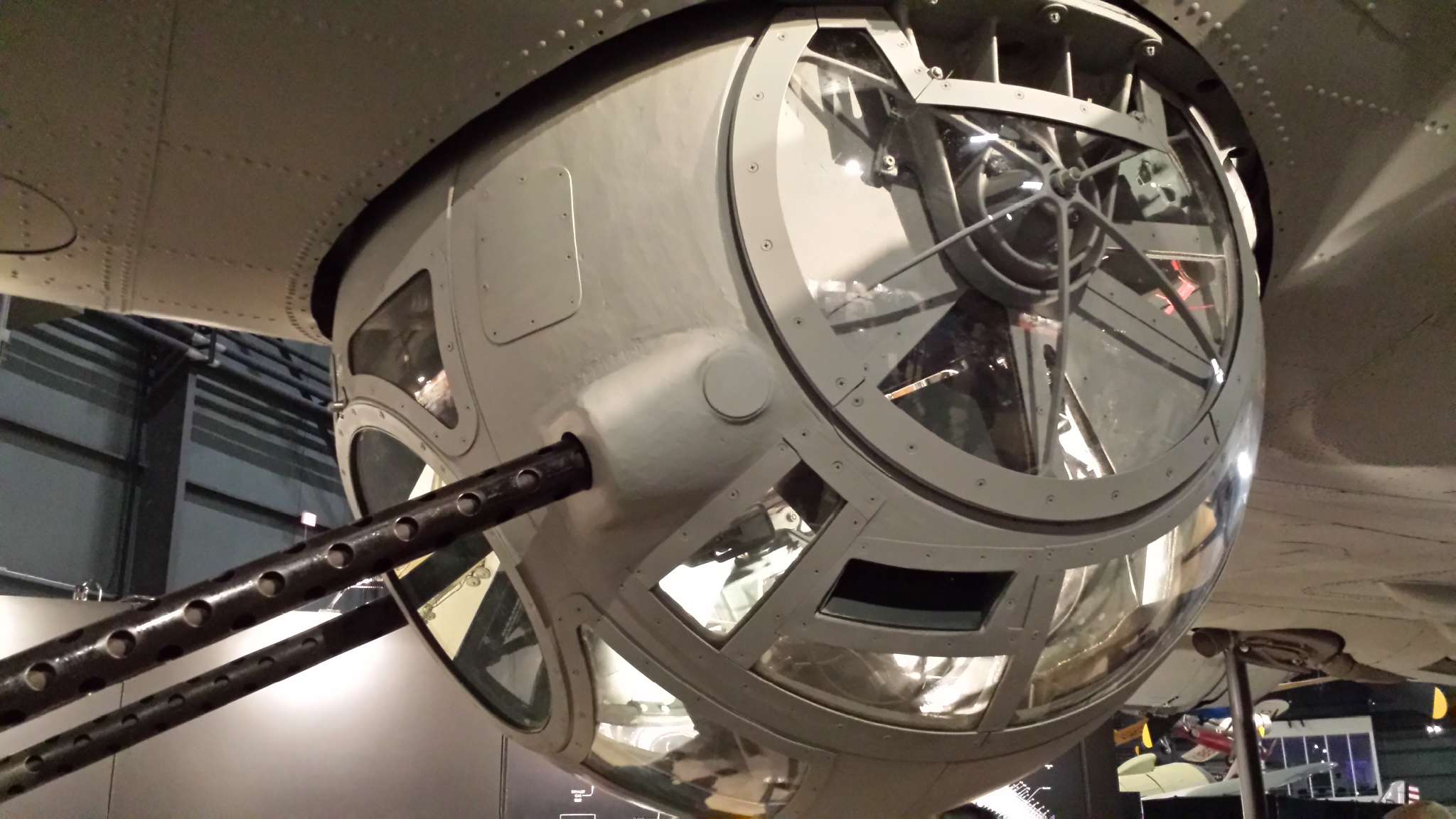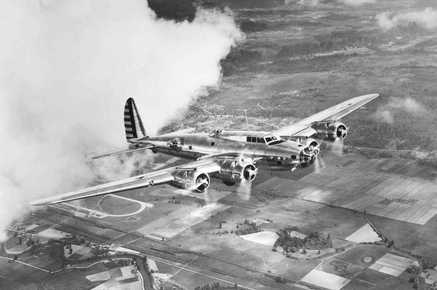March 1942 was a significant month in the European theater of World War II, with several major events occurring that would shape the course of the war in the months to come.
Here are some of the most notable events of March 1942 in Europe:
- The Battle of Gazala: The Battle of Gazala began on March 26, 1942, in the North African campaign. German and Italian forces under the command of General Erwin Rommel attacked British and Commonwealth troops led by General Claude Auchinleck. The battle was fought in the desert of Libya and Tunisia and lasted for several weeks, with both sides suffering heavy losses. Ultimately, Rommel’s forces emerged victorious, pushing the Allied forces back into Egypt.
- Operation Barbarossa: On March 5, 1942, the German army launched a new offensive against the Soviet Union, known as Operation Barbarossa. The aim of the operation was to capture the Soviet capital, Moscow, and to destroy the Red Army. The German forces made significant gains in the early stages of the offensive, but they were ultimately unsuccessful in capturing Moscow and suffered heavy losses.
- The Battle of the Java Sea: The Battle of the Java Sea began on February 27, 1942, but it continued into March. The battle was fought between Allied forces (primarily American, Dutch, and Australian) and Japanese forces in the waters around the island of Java in the Dutch East Indies (now Indonesia). The Japanese forces were ultimately victorious, sinking several Allied ships and securing control of the region.
- The Fall of Singapore: On February 15, 1942, Japanese forces launched an assault on the British colony of Singapore, which was one of the most important Allied strongholds in Southeast Asia. The British and Commonwealth forces defending the island were heavily outnumbered and outgunned, and they were ultimately forced to surrender on February 15. The fall of Singapore was a significant blow to the Allied war effort and marked a turning point in the war in the Pacific.
- The Battle of Bir Hakeim: The Battle of Bir Hakeim began on May 26, 1942, but it continued into June. It was fought in the Libyan desert between German and Italian forces under the command of Rommel and Free French and British troops led by General Marie-Pierre Koenig. The Allied forces were heavily outnumbered and outgunned, but they were able to hold out against the German and Italian forces for several weeks, delaying Rommel’s advance and allowing the Allied forces to regroup.
Overall, March 1942 was a month of significant military action in Europe, with major battles and offensives taking place in North Africa and the Soviet Union. The Axis powers made significant gains during this period, but the Allies also showed resilience and determination in the face of overwhelming odds.
These events would set the stage for the rest of the war in Europe and the Pacific, and they would have a lasting impact on the world for decades to come.






